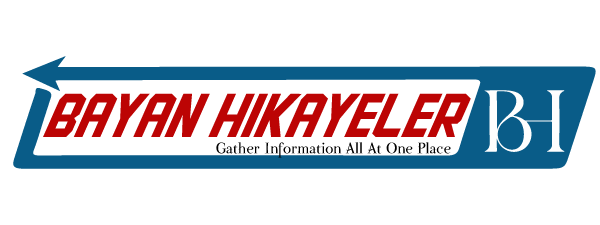The Hidden Wiki serves as an essential entry point into the dark web, a realm of the internet that exists beyond the reach of traditional search engines. It functions as a directory, cataloging various hidden services and websites that operate on the Tor network, which allows users to browse anonymously. The Hidden Wiki’s interface is often simplistic, echoing the early days of the internet, with links organized into categories like forums, marketplaces, and educational resources. While the site aims to provide a comprehensive overview of what is available on the dark web, it is crucial to approach it with caution, as many of the linked sites engage in illicit activities ranging from drug trafficking to hacking services and more. The dark web is notorious for its association with criminal enterprises, and while it does host legitimate forums and privacy-centric discussions, the overwhelming presence of illegal content can overshadow these aspects.

The hidden wiki has undergone several iterations and versions over the years, each reflecting the shifting landscape of the dark web. Its content is largely user-generated, allowing individuals to contribute links and resources, which can lead to a mix of reliable and dubious information. As a result, users must exercise discernment when exploring the directories and should verify the legitimacy of the sites they visit. Additionally, the nature of the dark web means that links can quickly become outdated or lead to scams, further complicating navigation. Despite these challenges, many users are drawn to the Hidden Wiki for its promise of anonymity and access to unfiltered information. The concept of privacy in the digital age resonates deeply with individuals who seek to escape surveillance and censorship, making the Hidden Wiki a symbol of the ongoing struggle for online freedom. Furthermore, the Hidden Wiki reflects a duality inherent in the dark web: it is a space for both legitimate pursuits and nefarious activities. For instance, some users turn to the dark web to discuss sensitive political issues or to share information about whistleblowing, while others exploit its anonymity for criminal behavior.
This dichotomy raises ethical questions about the nature of free speech and the responsibilities of individuals operating within this unregulated environment. As discussions about internet privacy and censorship continue to evolve, the role of platforms like the Hidden Wiki in shaping perceptions of the dark web will remain significant. Users are urged to familiarize themselves with the potential risks associated with dark web browsing, including exposure to malware and law enforcement scrutiny. In conclusion, the Hidden Wiki serves as both a guide and a cautionary tale for those venturing into the dark web. While it offers a glimpse into a world rife with possibilities for anonymity and freedom of expression, it also serves as a reminder of the dangers that lurk within. The complexities of navigating this digital underworld necessitate a blend of curiosity and caution, urging users to remain vigilant and informed as they explore the depths of the internet that most prefer to keep hidden.
